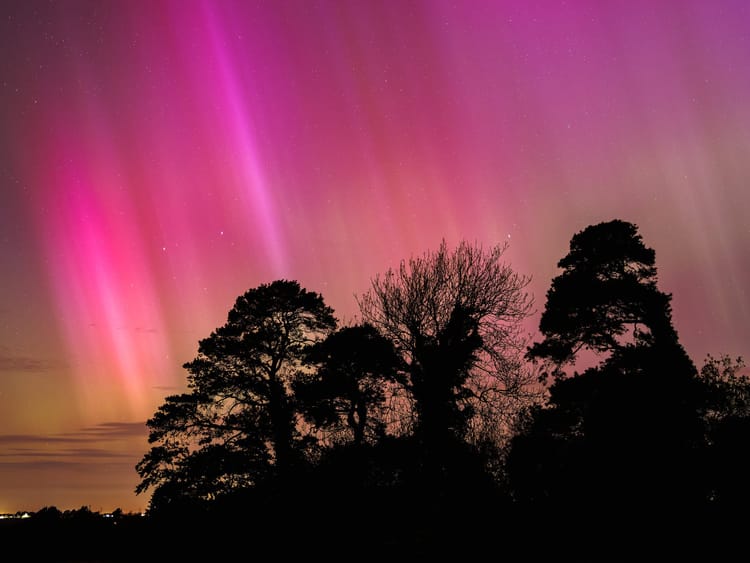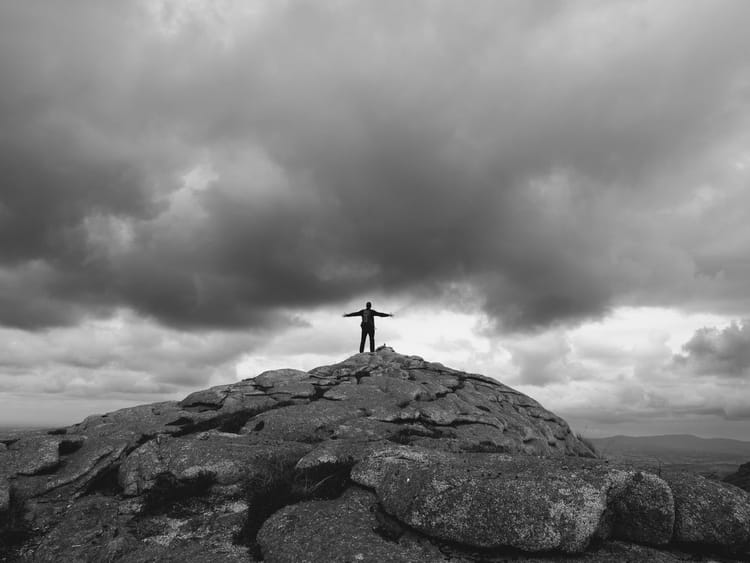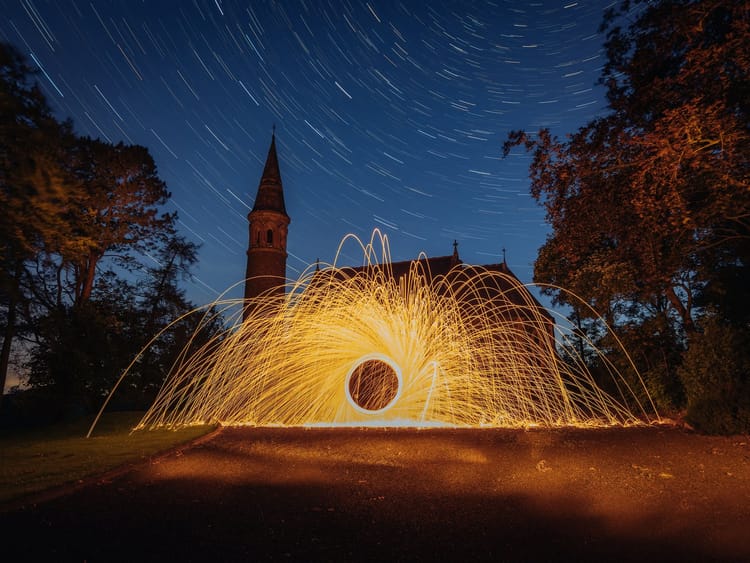10 Thoughts to Help Your Photography
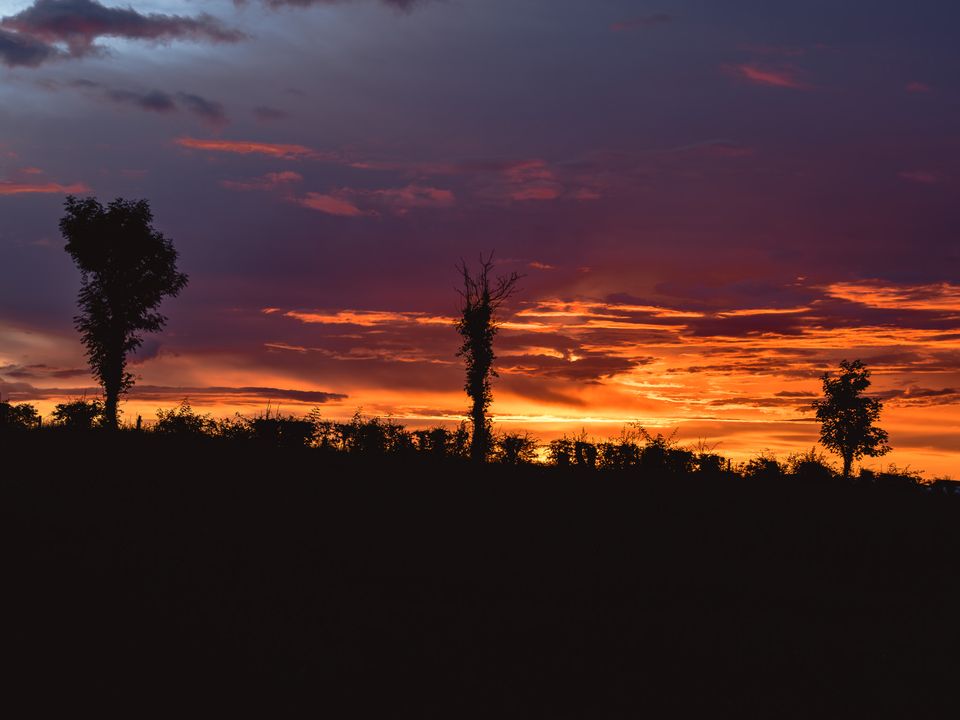
I dread to think of the hours I have spent watching photography tutorials.
Photography is a technical nightmare.
There's the exposure triangle, white balance, focus, and composition techniques. If you are starting out the hobby can be daunting.
My advice on the technical side is to bite off little bits at a time and have fun.
In exploring my own path I have developed a patient and healthy approach to photography. I hope the tips below help you with some of the challenges in photography.
1. Avoid obsessing over golden hour
It happens. I'm relaxed at home and realise there is a sunset. In a rush I grab the camera and run to a vantage point and take a picture. The featured image for this post being a prime example.
Sunsets are beautiful and the quality of light is amazing. But restricting your photography to sunrise or sunset limits your range.
To challenge our creativity we need to embrace all kinds of weather and light. I have taken some of my favourite pictures during blue hour and at night.
To enjoy photography choose times that fit the rest of your life and forget about what you think is popular.
2. Share with a few, avoid the many
Taking pictures for the sake of 'likes' will kill your motivation. I am guilty of using the number of likes as a measure of image quality.
On social media the number of likes depends on the number of followers you have, not the quality of an image. Chasing likes is tantamount to taking photographs for other people.
You should consider the challenges of engaging with hundreds of fellow photographers. When I reached over 100 followers on VERO it became overwhelming. It was difficult to spend meaningful time enjoying other peoples' images.
I have stopped trying to build a large following, preferring to engage with a few. One reason I have a new interest in Glass is its calmer environment, absence of numbers, and tit for tat likes.
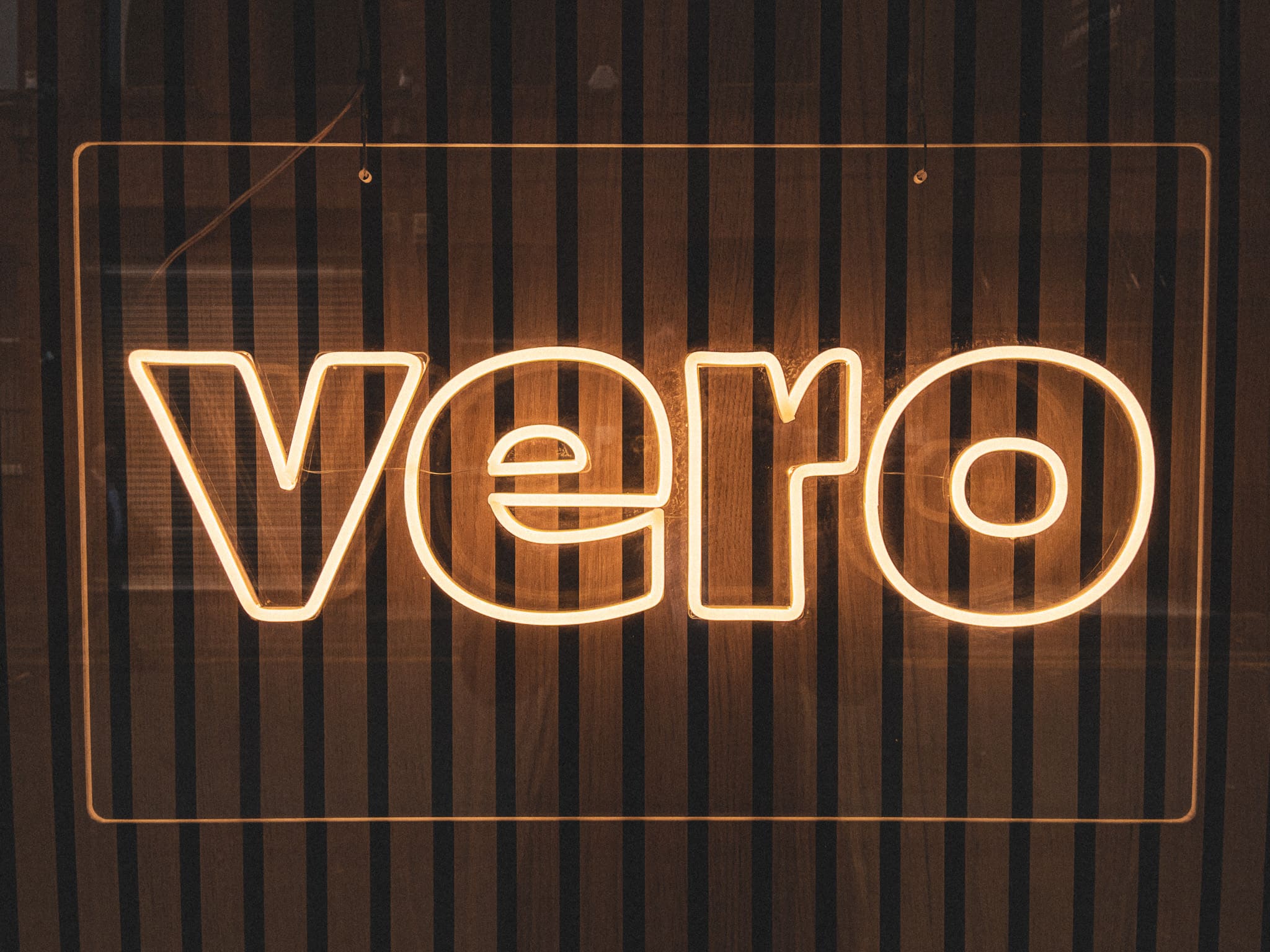
3. Gear does matter
A favourite street photograph, published by The Guardian, used an iPhone 5. Proof it is the subject and style of a picture, or the story, that makes an image. The equipment is peripheral.
But, gear can fire up your creativity. My new gear got me taking long exposures, light painting, and astro-photography.
I know what you're going to say. You can do all those things any kind of camera. And yes that is true, but it took the OM-1 and its computational features to inspire me to get out and try new things.
Gear can be a torture and awkward to carry but choose the perfect set up for your needs, and there's no stopping you.
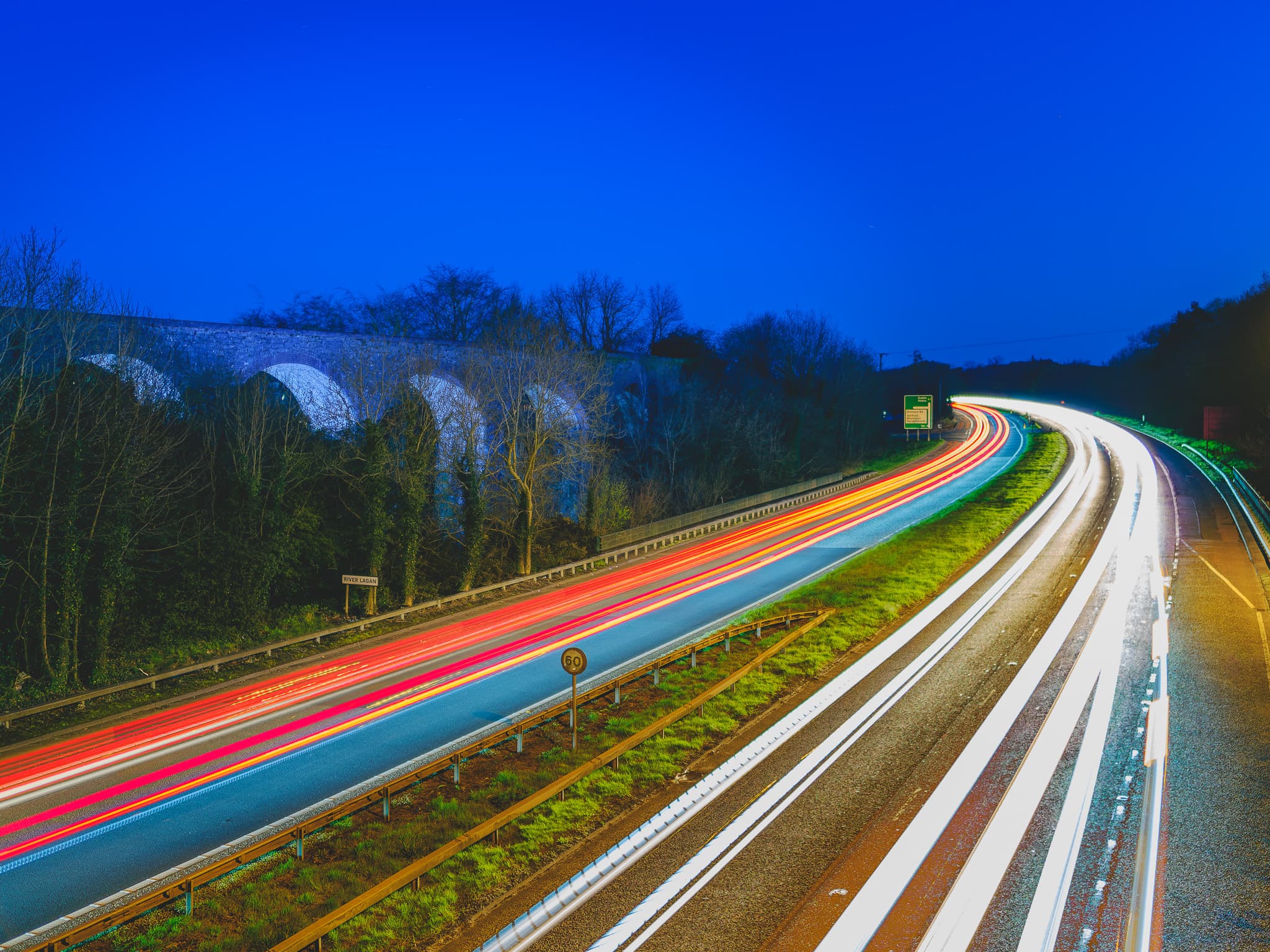
4. Patience is vital
I have listened to hours of advice on how to set up your equipment. Using custom settings, learning to adjust focus, and using high burst shots.
If you enjoy photography as a hobby, don't let it become an obsession. Never fear missing a shot. That's too much pressure.
Yes, it is important to learn the basics before you press the shutter button. And it's a good idea to learn your camera. But the important message is to get out there and have fun.
I have learned as much through taking pictures as I have watching YouTube. Learn at your own pace because it's not a competition, it's an expression of your creativity.
5. It takes time to find your ideal camera
Thank heavens for eBay.
Selling on eBay I recouped some of the losses from buying the wrong cameras. In 2019 I bought a Canon 80d in readiness for a trip to South Africa and Israel.
The camera was big and performed. At home its size meant it stayed on the shelf.
Next, an everyday carry camera, the Ricoh GRIII. Small, compact, and slipped in the pocket. Perfect for street photography but it was like a small computer. It lacked soul.
I replaced the Ricoh with the Fujifilm X100V. The Fuji felt like a camera, with excellent build quality, but it had a fixed lens. Fine for street if that's all you do.
After four years and four cameras I settled on the OM System's OM-1. A powerhouse of a camera and ideal for landscapes and long exposures, and every other genre.
Before you rush out to buy a camera consider what you want to photograph. If unsure, buy a cheap camera until you decide.
6. Use your camera
You can get sucked into YouTube or fall to sleep reading the instruction manual. The best way to learn your camera, after the basics, is to use it.
Get to know how the special features work. When out in the field you will discover what you need to learn for the next time.
7. Avoid comparison with others
An aspect to photography that risks undermining your growth is comparison.
Your creativity takes time and if you try to imitate the professionals you will fail.
If you use social media you will find yourself among a mix of genres, abilities, hobbyists, and pros. Please avoid comparison and enjoy the process of taking photographs.
Share your pictures if you want to. If you do, try to embrace the community spirit and enter the conversation with other users. Everyone is learning, pros included.
8. Take your time
It takes time to learn.
Avoid placing yourself under pressure to learn everything there is to know. Travel, see your surroundings, and have fun. Your growth as a photographer will happen.
I'll try to avoid using the word 'fun' again in this article.
9. Embrace the delete button
The overwhelming majority of images you take will be ordinary, or meh. That's the plain truth.
Avoid falling into the trap of keeping all your shots on a hard drive in case they are useful some day. They never will.
Your library or catalogue will grow and become overwhelming.
After a photo-walk I may over one hundred images, with many shots of the same thing. I should learn from William Eggleston, who preferred to take one picture of a subject and move on. If you take one shot of a scene you will not waste time looking for the best one.
Delete everything except your favourites. Your hard drive and your brain will thank you.
10. Relax about finding your genre
When I began to spend time on photography I was at a loss about which genre to specialise on.
Will I do landscapes, inanimate objects, wildlife, or street?
The good news is you can photograph anything and everything. There are no rules and you can adopt many genres and over time you'll discover what you like best.
I discovered the joy of wandering the countryside and capturing natural beauty. I dabbled a bit in street and city scenes, but my passion lies with scenery.
Experimentation on clouds with long exposures pulled me into another category. And since I love staring at the night sky, astro is a favourite.
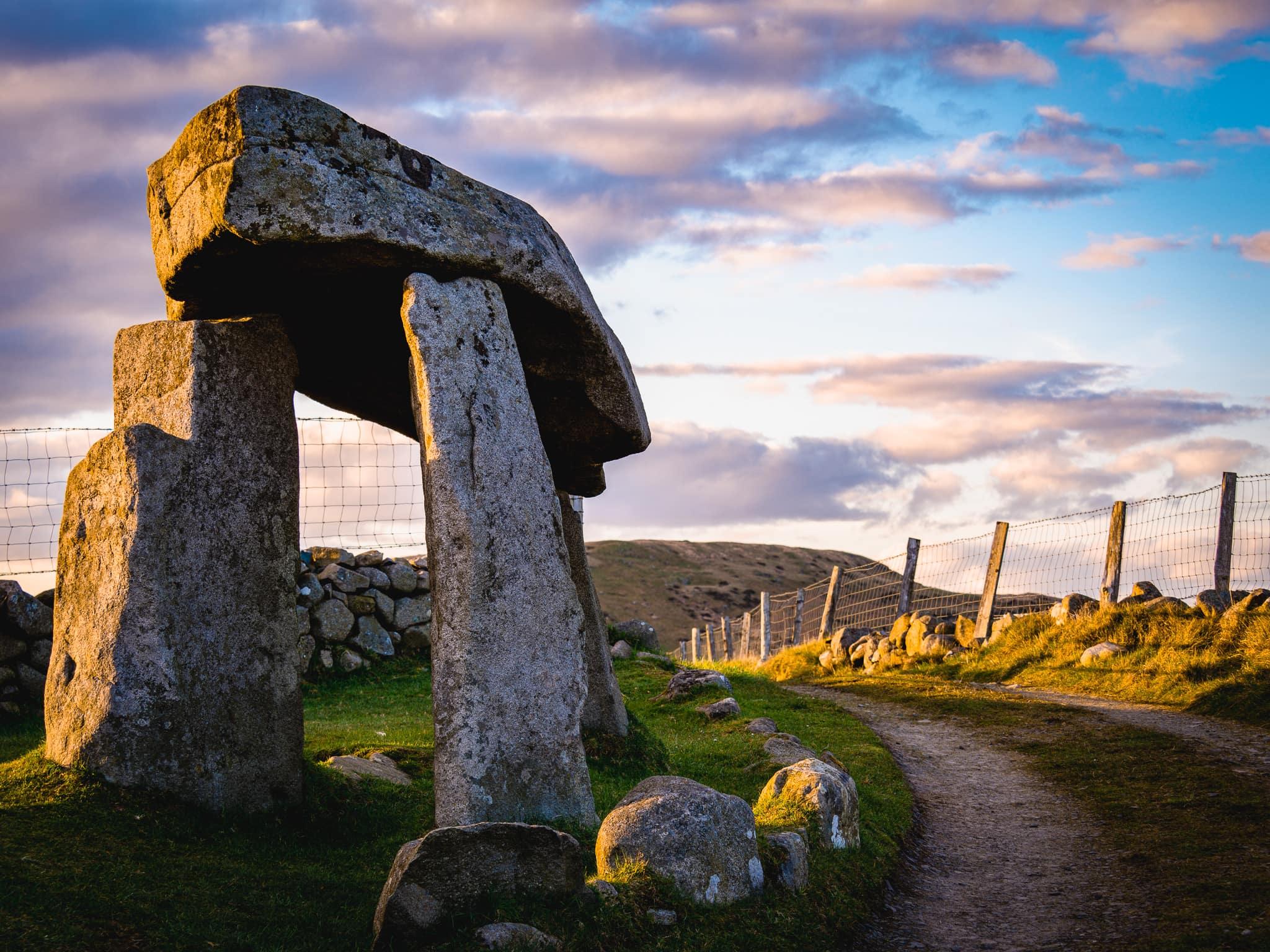
Wrap-up
Yes, photography is a journey - sorry to all who hate that phrase.
Photography takes time to master. But photography can open your eyes to surroundings you may have taken for granted. Above all, I love the process. Photography is a form of mindfulness meditation, a form of quiet time that generates a picture or two to enjoy after.
Let me know about your learning experience and thanks for reading.
Thanks for reading this far. If you found this story helpful, please consider buying me a coffee. It would mean so much. 😊



